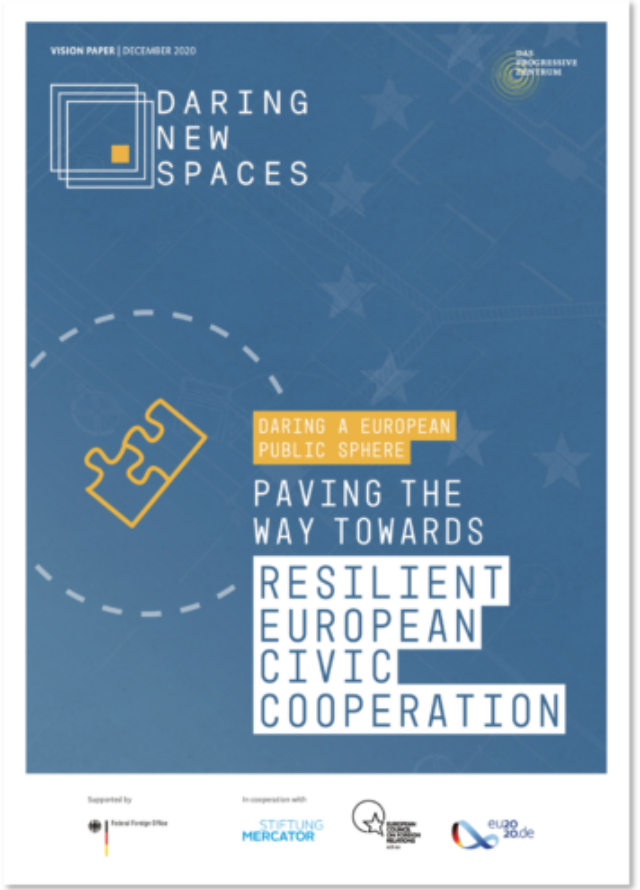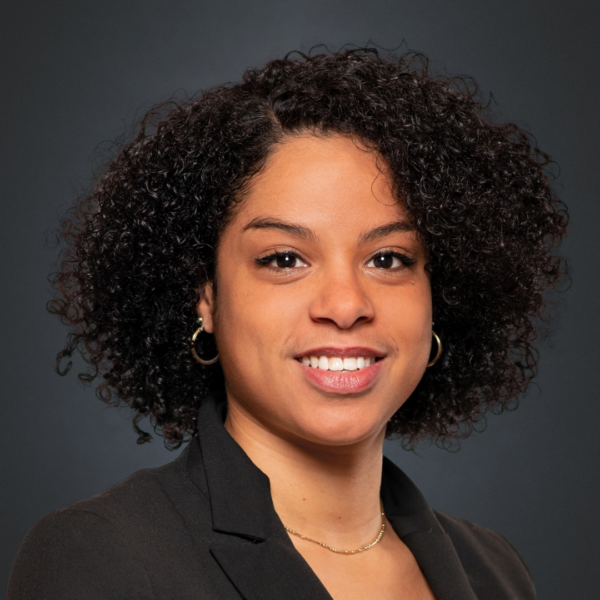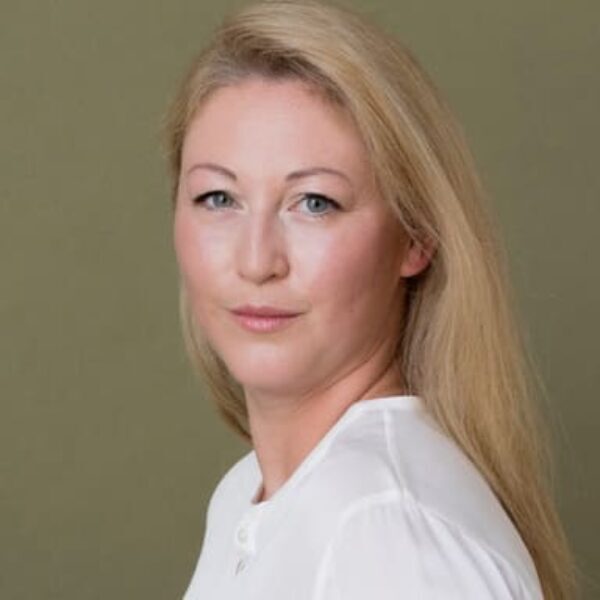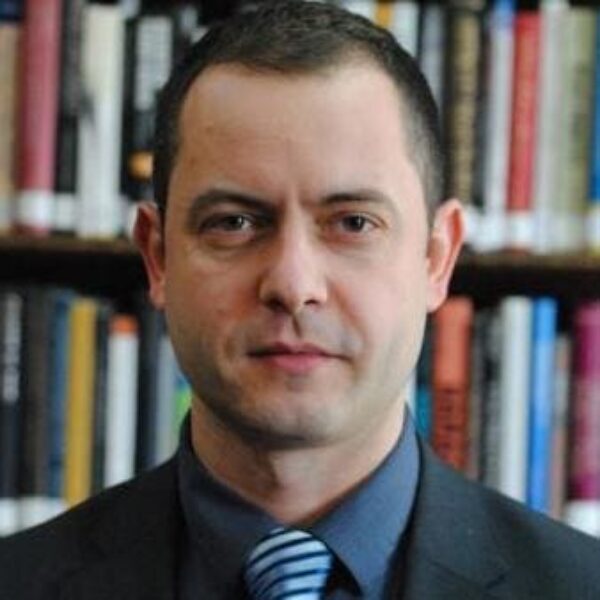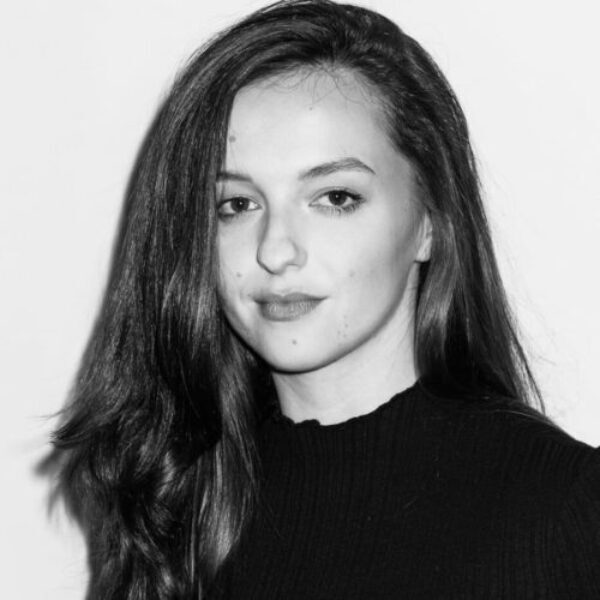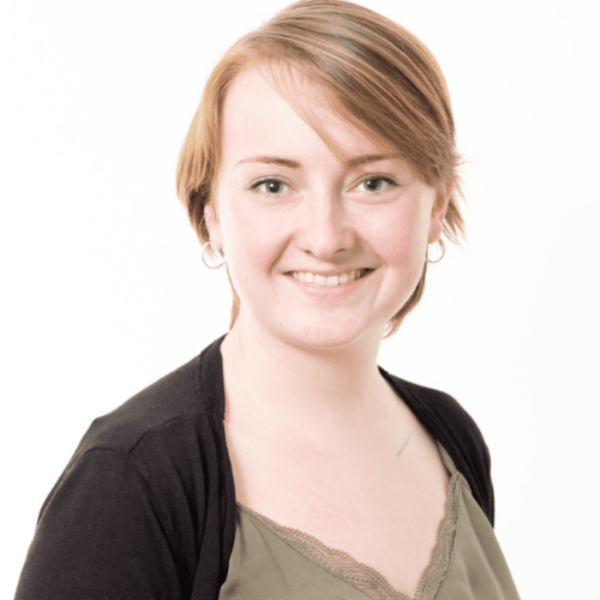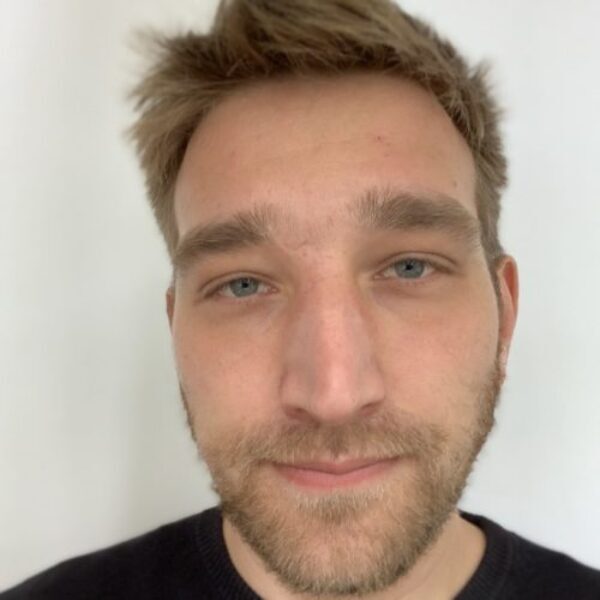Summary
One of the main challenges in strengthening the European public sphere is the creation of a genuine European discourse community. National discourses have been following a slow trend of Europeanisation, but platforms, media, and spaces for genuine European discourse remain limited. Read this paper to find how European discourses and narratives can facilitate creating a European Public Sphere.
This paper outlines challenges and opportunities to create a robust and resilient European public sphere. First, we present an overarching vision of a possible European public sphere in 2025 as well as milestones that need to be reached to achieve such a reality. We then narrow in by presenting a vision of how European discourses can thrive in 2025.
These bold visions assist us in developing policy recommendations and gathering existing successful practices that bring us closer to a truly European public sphere. The ideas presented in this paper are an outcome of a collaborative and co-creative process of experts and professionals passionate for a more united Europe. This future-oriented exercise was launched within the Daring New Spaces project in a working group focusing on European discourses and narratives.
Authors
This Vision Paper was written by the second working group of our project Daring New Spaces, “European Discourses and Narratives” – facilitated by Ophélie Omnes.
Ophélie Omnes is President of the French chapter of the European Federalists. She is also a French qualified lawyer with experience gained in Paris, Brussels and Luxembourg. As a Visiting Fellow at Das Progressive Zentrum, she works in the International Dialogue programme, on the topics of the institutional architecture of the European Union, the role of Franco-German friendship and the creation of a European public space.
German Corporation for International Cooperation
Dr. Andrea Augsten heads the team for innovation management at the German Corporation for International Cooperation GmbH.
Făgăraș Research Institute
Dr. Stefan Cibian is co-founder and executive director of the Făgăraș Research Institute and an Associate Fellow with Chatham House, Africa Programme; he is also teaching international development at Babeș-Bolyai University.
Ana-Marija Cvitic is a scholar on European Studies and editor-in-chief of the interdisciplinary culture portal Béton Bleu Magazine.
Dr. Andreas Schiel is a philosopher and social scientist involved in future studies and projects in the fields of democracy and co-creation, the digital transformation, and the future of work. In 2014 he co-founded denkzentrum|demokratie, a Berlin-based independent not-for-profit think tank dedicated to the advancement of democracy
Antonia Stępniak is a Polish activist involved in the European movement. She studied European Affairs at Sciences Po in France, and returned to Poland to fight for the European values and the rule of law
Christian-Zsolt Varga is an editorial coordinator at the international journalist network n-ost.org with a focus on European cross-border journalism. He loves to work collaboratively across borders and to connect journalists from all over Europe. He strongly believes that our European reality is already much more integrated and complex than national media bubbles are able to depict.
